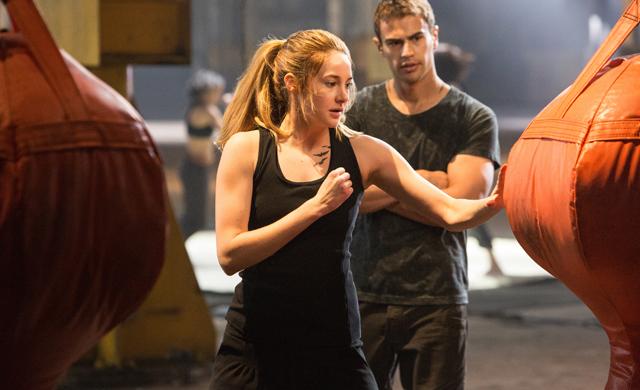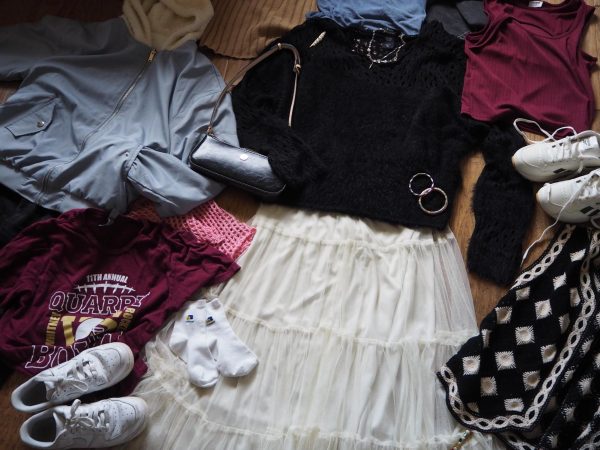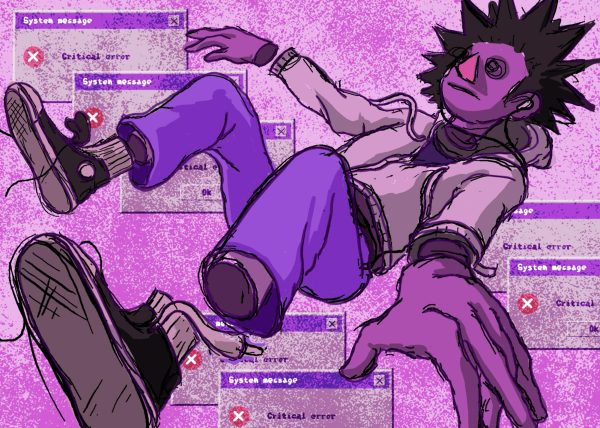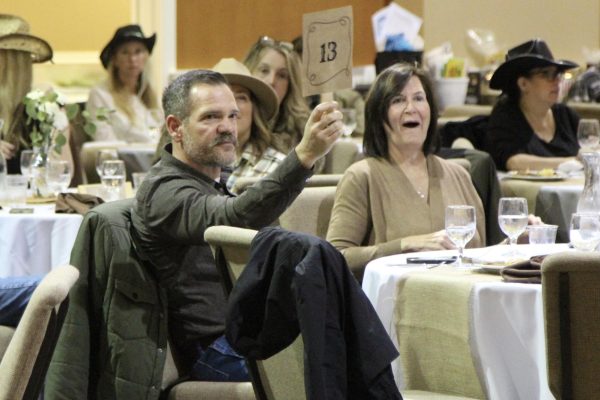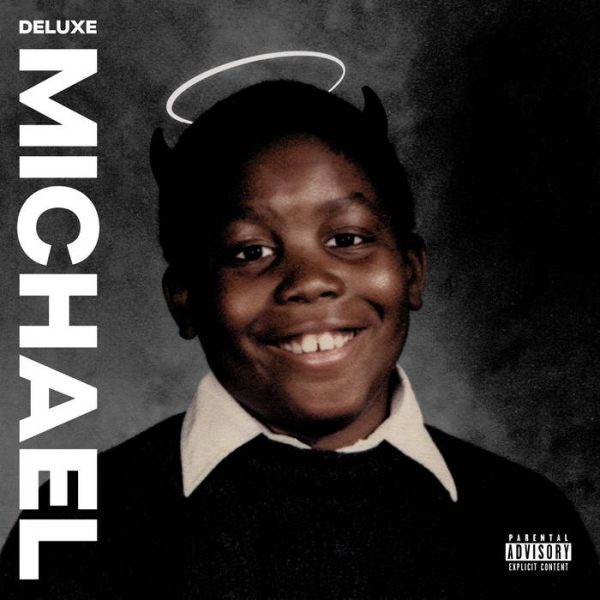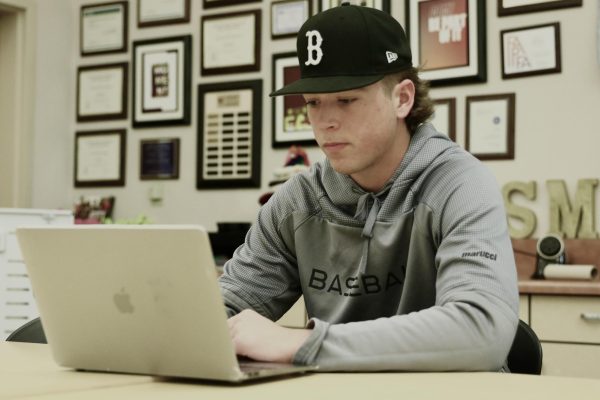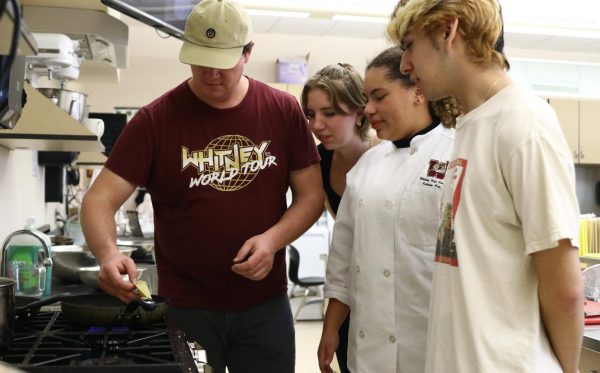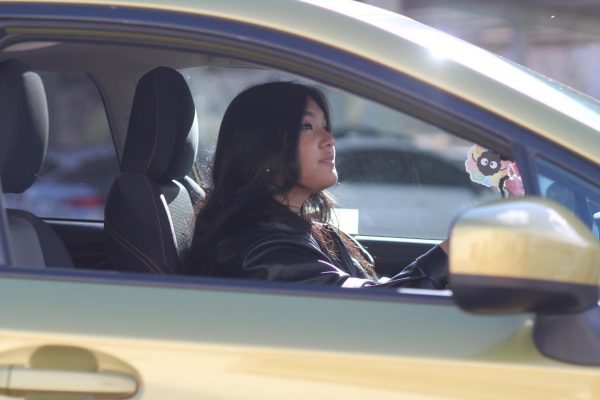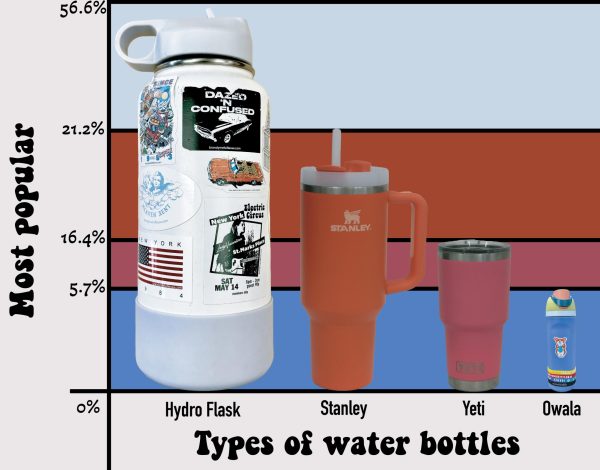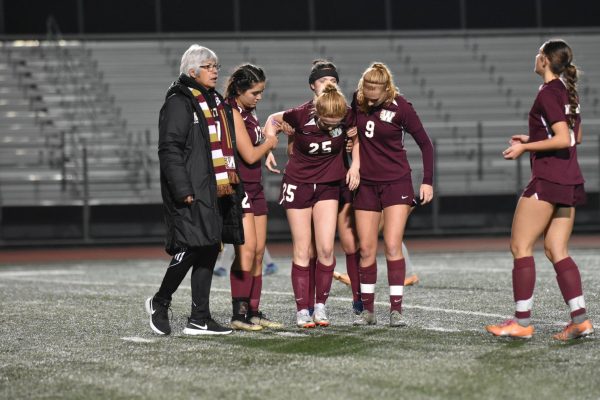“Divergent” stands out from the dystopian crowd
Having absolutely adored the book, I tried hard not to set too high expectations for “Divergent,” because rarely is a movie better than its book. Yet, when I left the theater after seeing the 143-minute dystopian movie, I was ecstatic. Not only had “Divergent” lived up to my expectations, I was already planning on the next time to see it.
“Divergent” is based off the wildly popular “Young Adult” trilogy by Veronica Roth. Main character Tris Prior (Shailene Woodley) belongs to a futuristic society that forces its members to chose their entire futures at age 16. At an annual Choosing Ceremony, each teenager must go up in front of their friends and families, and pledge allegiance to one of five factions: Abnegation, the selfless, Amity, the kind, Erudite, the intelligent, Candor, the honest, or Dauntless, the brave.
“Divergent” begins with Tris living in Abnegation, the faction that embraces selflessness and grey clothing. Tris, however, wants to run wild with the Dauntless, a faction who values the exact opposite of what Abnegation does: fearlessness, courage, bravery, and the occasional piercing and tattoo. Each faction lives in accordance to their values in order to maintain the peace. Before the annual Choosing Ceremony, Tris takes an aptitude test that will match her personality with one of the five factions. The aptitude test backfires, however, when Tris’ test results come in inconclusive. She’s matched with three factions: Dauntless, Erudite, and Abnegation. She doesn’t match any one faction perfectly. In other words, she’s a Divergent. And that is a very dangerous thing to be.
To address the elephant in the room: yes, “Divergent” is similar to “The Hunger Games” in the sense that they both revolve around a teenage heroine tasked with the responsibility of saving her dystopian society from itself. That’s about where the similarities end, though.
Directed by Neil Burger, “Divergent,” is the sort of thrilling adventure people of all ages can relate to. “Divergent” explores what it means to not know who you are — and that’s okay. Tris isn’t a superhero; she’s an average teenager. That’s what makes her dangerous. She isn’t sure of who she is, and the audience sees that during the movie.
I’ll admit it. Before I saw “Divergent,” I was unsure of Shailene Woodley’s acting abilities. I had seen some of her work on the show “Secret Life of the American Teenager,” and it’s not that I didn’t like her, it’s just that something about her acting didn’t resonate with me. Five minutes into “Divergent,” and I realized I had wildly misjudged her. Woodley doesn’t just embody Tris, she adds character, dimension, and realness to her.
Opposite to Tris is Four (Theo James), a very young and brooding Dauntless trainer. He’s everything Four should be — attractive, dangerous, and tattooed. James and Woodley’s chemistry is undeniable; they work together flawlessly. Their characters are what “Divergent” revolves around; if Four and Tris were weak, the entire movie would have flopped.
There were parts in the book the movie didn’t touch. Certain characters weren’t cast, certain scenes were changed, but it’s important to remember that changes are made because it’s necessary to create a better product, they’re not made to insult the people who loved the book. The book was amazing, and as was the movie. They’re not mutually exclusive.
If you’re debating seeing “Divergent,” and you loved “The Hunger Games,” then you will fall in love with the masterpiece that is “Divergent.” The movie is PG-13 for scenes of intense action and violence, but it’s certainly not anything too bad. The acting is real, the struggles are relatable, and the scenery is mind-blowing. Go ahead, jump.
by HARMONY REILLY

